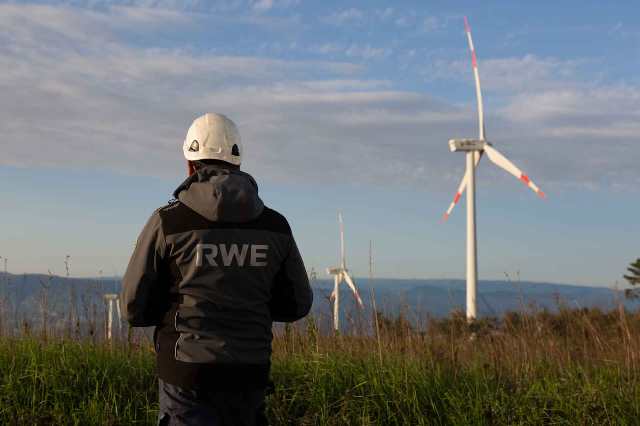RWE has achieved a major milestone in advancing offshore wind logistics by successfully deploying long-range autonomous and short-distance cargo drones in daily wind farm operations — a first in German offshore airspace. This innovation marks a significant step toward more efficient, safer, and sustainable maintenance of offshore wind assets.
RWE Leads the Way in Drone-Based Offshore Wind Logistics
In collaboration with Skyways, Skyports Drone Services, and Ampelmann Operations, RWE demonstrated how drones can deliver spare parts, tools, and consumables directly to offshore wind turbines. The multi-phase pilot project was conducted at the Nordsee Ost wind farm in the North Sea and the Arkona wind farm in the Baltic Sea.
Sven Utermohlen, CEO of RWE Offshore Wind, said: “As offshore wind scales, so must our logistics at sea. Our trials showed that cargo drones can complement traditional logistics by unlocking uptime, improving safety, as well as cutting costs and emissions.”
Drone logistics offer multiple benefits:
Reduced need for cranes and manual lifting operations
Lower CO₂ emissions through fewer vessel and helicopter trips
Improved technician safety and reduced operational costs
Faster delivery of components, leading to higher turbine uptime
Strengthening RWE’s Offshore Wind Leadership
RWE operates 19 offshore wind farms across five countries and has four major projects under construction:
Sofia (1.4 GW) in the UK
Thor (1.1 GW, RWE share: 51 percent) in Denmark
OranjeWind (795 MW, RWE share: 50 percent) off the Dutch coast
Nordseecluster (1.6 GW, RWE share: 51 percent) north of Juist, Germany
Autonomous Long-Range Drone Flights
The most recent trials, held in September 2025, featured a Skyways Version 2 autonomous drone flying over 40 kilometers from Mukran Port on Rügen Island to the Arkona offshore wind farm. Carrying up to 10 kilograms of cargo, the drone autonomously locked onto the turbine nacelle, performed a precise cargo drop, and returned to port — completing the trip in under 30 minutes, compared to over an hour by boat.
These Beyond Visual Line of Sight (BVLOS) flights were fully automated, compliant with German aviation regulations, and did not rely on mobile network coverage — making them the first repeated long-range drone deliveries to offshore turbines in Germany.
Short-Distance Drone Operations from Offshore Vessels
Earlier in 2025, RWE tested short-range multirotor drones capable of carrying up to 30 kilograms (with upgrades supporting 100 kilograms) between a service operation vessel and turbines at Nordsee Ost. This approach reduced turbine maintenance time by up to 1.5 hours per visit, while lowering fuel consumption and technician workload.
The trials also included medical emergency simulations, where drones successfully delivered first-aid supplies to turbine nacelles — proving their potential for rapid response in critical offshore situations.
Proven Feasibility and Future Scaling
Over 80 offshore drone flights have now validated the technical and operational feasibility of RWE’s cargo drone logistics. The next phase will focus on scaling operations across RWE’s global offshore wind portfolio.
Baburajan Kizhakedath

